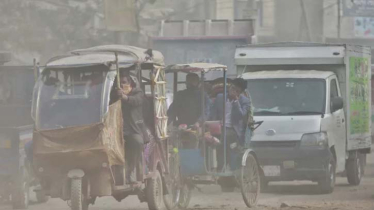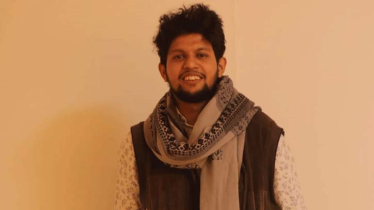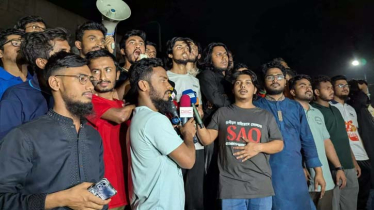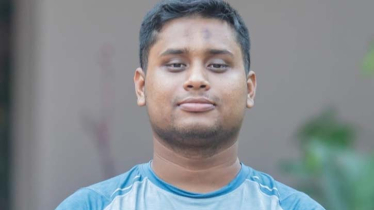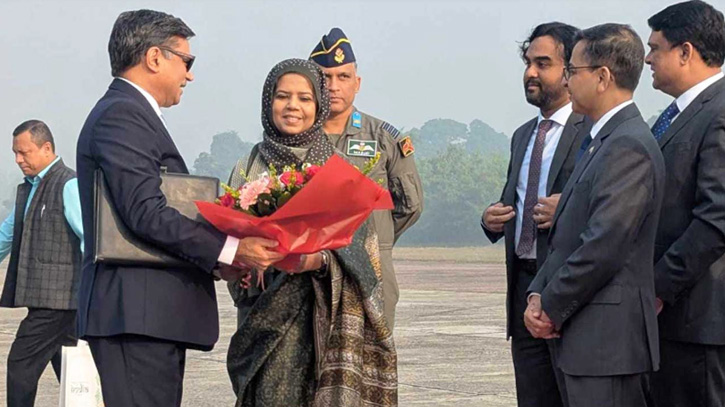
Photo: Collected
Indian Foreign Secretary Vikram Misri arrived here on Monday morning to hold a several meetings in Dhaka, including Foreign Office Consultations, which is seen as an opportunity to address mutual concerns. Ishrat Jahan, Director General (South Asia wing) received the Indian Foreign Secretary upon his arrival in Dhaka. Indian High Commissioner to Bangladesh Pranay Verma was also present.
Foreign Secretary Misri and his Bangladesh counterpart, Md Jashim Uddin, will lead their respective delegation at the Bangladesh-India Foreign Office Consultations (FOC) today. After the FOC, the Indian foreign secretary is scheduled to meet Foreign Affairs Adviser Md Touhid Hossain this afternoon. He is also likely to meet Chief Adviser Prof Muhammad Yunus today.
Adviser Hossain on Sunday expressed optimism that Bangladesh and India would be able to overcome the kind of stalemate that two neighbouring countries witnessed over the last couple of months.
"We expect that we will be able to overcome this impasse. Establishing mutual communication and meeting each other are very important to overcome any such stalemate," he said. Speaking at a seminar at the Jatiya Press Club, Hossain said, "I hope they (foreign secretaries) will have a fruitful discussion."
He said it is also important to note that the relations between Bangladesh and India witnessed changes after August 5 and both sides need to try and take forward the relations accepting this changed reality.
The downturn that the two countries witnessed over the last few months in terms of bilateral business activities affected both Bangladesh and India, not just Bangladesh got affected, said the Adviser.
This is the first visit made by a senior Indian government official to Bangladesh since the interim government, led by Nobel laureate Prof Muhammad Yunus, came to power on August 8. The FOC led by the foreign secretaries is a structured engagement between Bangladesh and India.
Spokesperson at the Ministry of Foreign Affairs (MoFA) Mohammad Rafiqul Alam said there are always efforts to keep all the elements of the bilateral relations on agenda. He, however, said there are some broad areas - trade, border management, connectivity, and water issues - and these will be discussed.
Messenger/Tareq





